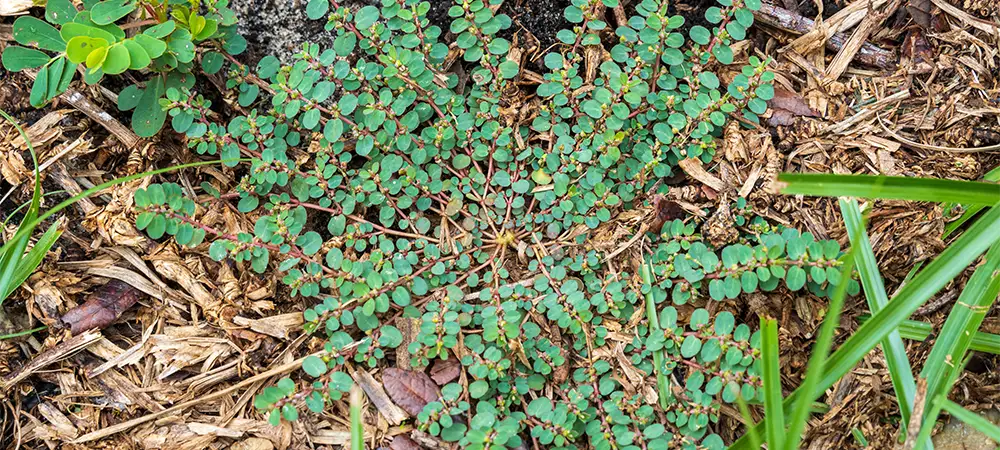Nc Weeds, Weeds are a persistent problem for gardeners, farmers, and landscapers alike. In North Carolina (NC), the climate and growing conditions provide a perfect environment for a wide variety of weeds. Whether you’re maintaining a garden, a lawn, or a field, understanding NC weeds and how to manage them is crucial to promoting healthy plants and crops.
Common NC Weeds
North Carolina’s diverse climate, ranging from coastal plains to mountain ranges, means that the state has an equally diverse array of weed species. Here are some of the most common NC weeds that you may encounter:
- Crabgrass (Digitaria spp.) One of the most notorious summer weeds, crabgrass thrives in warm weather and can quickly take over lawns, gardens, and agricultural fields. It tends to grow in bare or stressed soil and can be difficult to remove once established.
- Dandelion (Taraxacum officinale) While dandelions are often considered a symbol of resilience, their prolific seed production can make them troublesome. They are particularly common in lawns and gardens, where their deep taproots make them challenging to pull out completely.
- Poa Annua (Annual Bluegrass) Known for its fine texture and green color, Poa annua can be both a summer and winter weed. It thrives in cool, moist environments and is often seen in turfgrass areas where it competes with more desirable grass species.
- Common Ragweed (Ambrosia artemisiifolia) Ragweed is infamous for causing allergies, but it also presents a challenge to agricultural crops like soybeans and corn. It’s a fast-growing plant that can reach over 6 feet tall, producing large amounts of pollen in the late summer and fall.
- Pigweed (Amaranthus spp.) This weed is common in agricultural fields and gardens. Pigweed species, such as Palmer amaranth, are highly invasive and resistant to many herbicides, making them particularly difficult to control in crops like cotton and soybeans.
- Broadleaf Plantain (Plantago major) Found in lawns and disturbed soils, broadleaf plantain is a hardy weed that forms a rosette of leaves. It can be a nuisance due to its ability to grow in compacted soils, where many desirable plants struggle to thrive.
Weed Control Strategies for NC Gardens and Lawns
Managing NC weeds requires a multi-faceted approach that combines prevention, cultural practices, and, when necessary, chemical control. Here are some strategies for keeping weeds under control:
- Prevention through Mulching One of the best ways to prevent weeds from taking over is to cover the soil with mulch. Mulch deprives weed seeds of sunlight, making it difficult for them to germinate. Organic mulches like wood chips, straw, or leaves also improve soil quality as they break down over time.
- Regular Mowing and Lawn Care Keeping lawns and gardens mowed regularly can prevent many weeds, particularly annual grasses, from going to seed. Healthy lawns are more resilient to weed invasions, so proper fertilization and irrigation are also key to reducing weed growth.
- Hand Weeding For smaller areas or more manageable weed infestations, hand weeding is an effective option. It’s important to pull weeds out by the root to ensure they don’t regenerate. For stubborn weeds with deep roots, a weeding tool can help remove the entire plant.
- Chemical Control (Herbicides) Herbicides can be effective in controlling weeds, but they should be used with caution. Pre-emergence herbicides can be applied to prevent weed seeds from germinating, while post-emergence herbicides target weeds that are already growing. Always follow label instructions to minimize harm to desirable plants and the environment.
- Crop Rotation and Cover Crops For farmers in North Carolina, crop rotation and using cover crops can help reduce the presence of persistent weeds. Rotating crops makes it harder for weeds to adapt to a particular field, and cover crops can suppress weed growth by outcompeting them for resources.
- Soil Health Weeds thrive in poor or disturbed soils. By improving soil structure and fertility, you can help desirable plants grow more vigorously, outcompeting weeds. Adding organic matter, maintaining proper pH, and ensuring good drainage are essential steps in creating healthy soil that is less hospitable to weeds.
Conclusion
Dealing with NC weeds is a common challenge for gardeners and farmers alike, but with the right strategies, they can be managed effectively. Whether you’re dealing with aggressive summer grasses like crabgrass or perennial weeds like dandelion, a combination of preventive practices, regular maintenance, and, when necessary, targeted herbicide use can help keep your lawns and gardens looking their best. By understanding the specific weeds in North Carolina and their growth habits, you can develop a more successful approach to weed management, ensuring healthy plants and productive fields.
You Might Also Like These:



